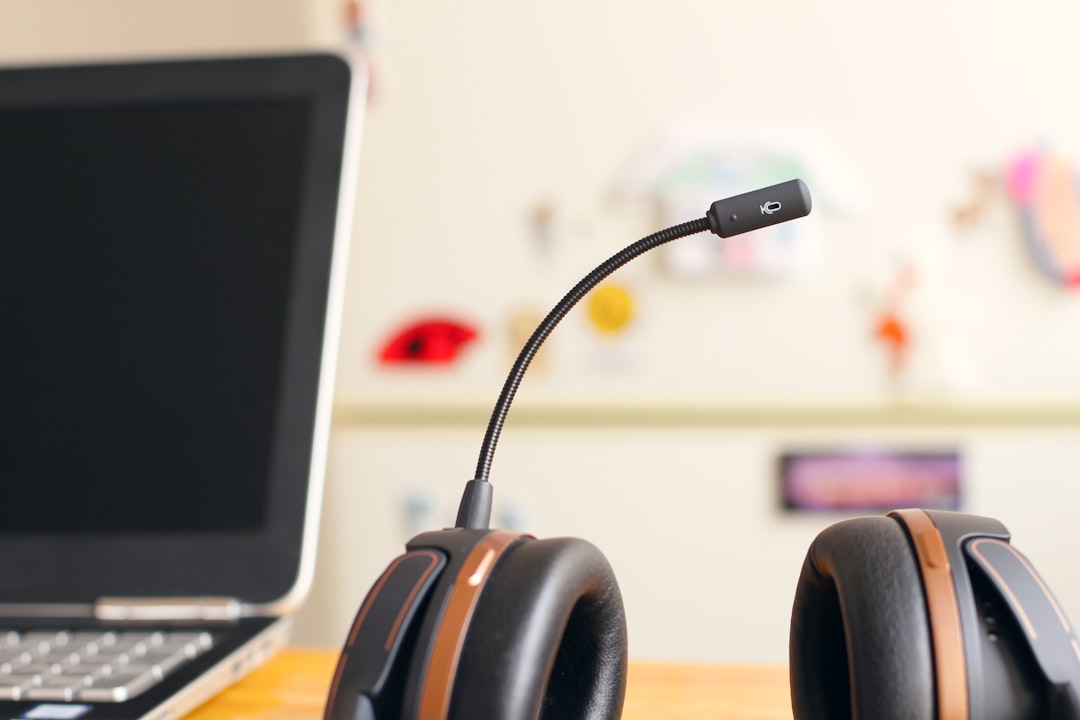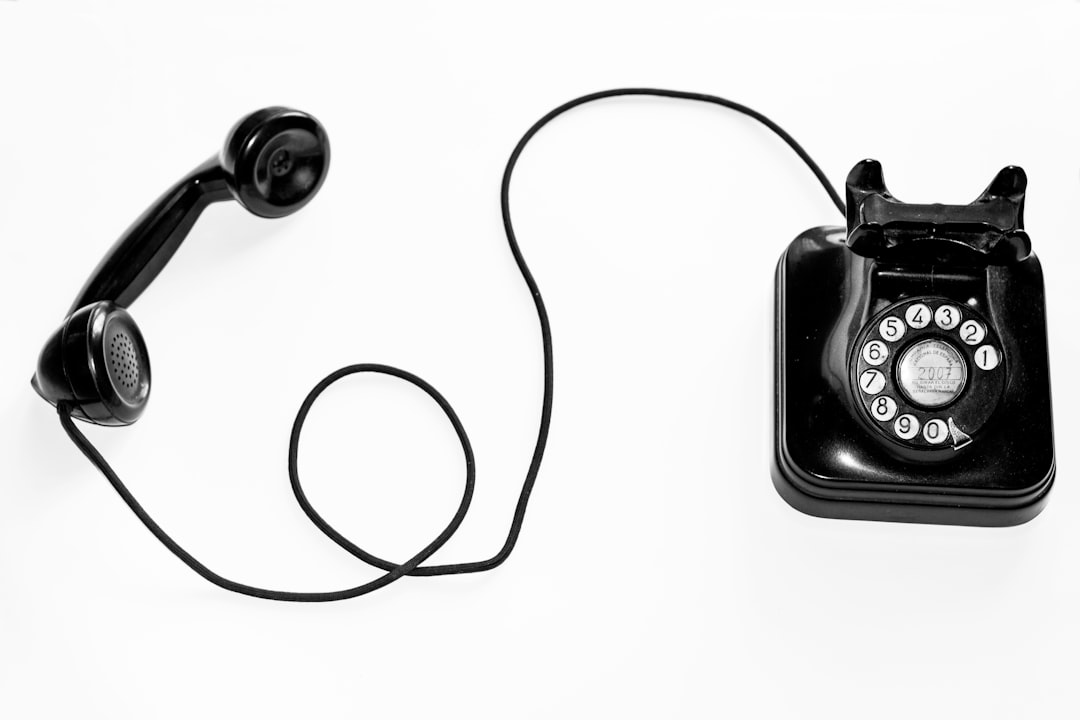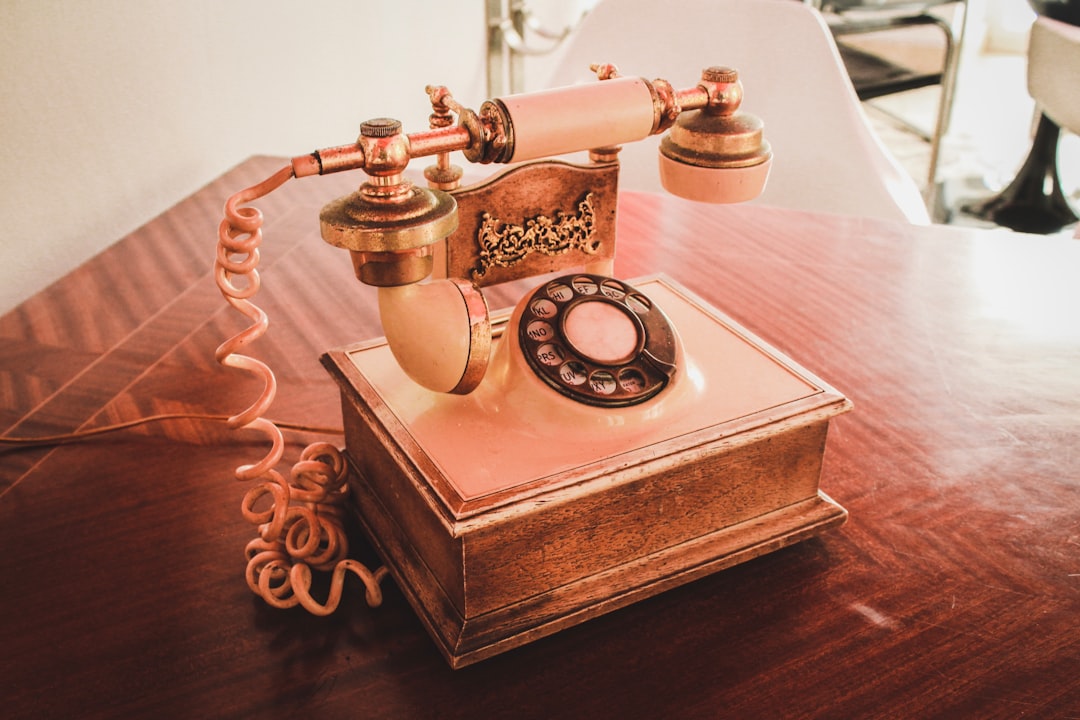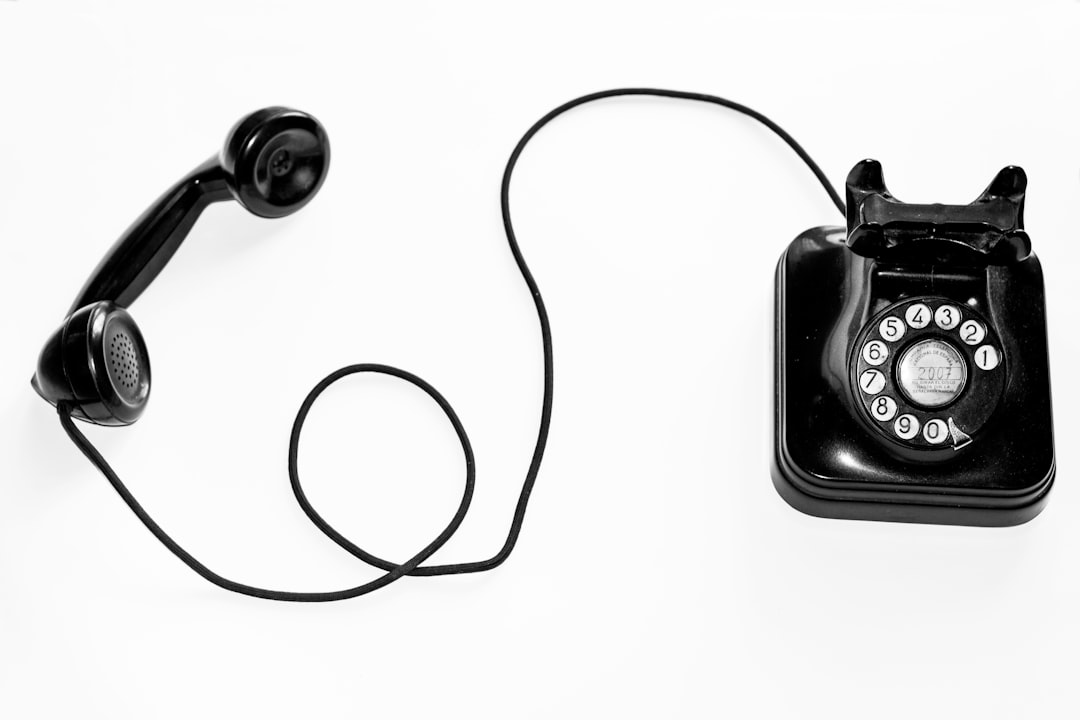Spam calls disrupt rideshare drivers' work and safety in Maryland. To combat this, drivers can register on the state's Do Not Call list, use spam-blocking apps with community blacklists, enable automated greetings, and register numbers on the National Registry. These measures reduce unwanted calls, enhancing driver well-being and work environment in Maryland. Learn more about How to Stop Spam Calls Maryland.
In Maryland, rideshare drivers face a growing challenge from spam calls, which not only disrupt their work but also take a toll on their mental health. This article delves into the prevalence of unsolicited phone marketing in the state and its negative impact on these professionals. We explore effective strategies to stop and reduce spam calls, providing practical tips for Maryland rideshare drivers to reclaim their peace of mind and ensure safer, more productive work environments. Learn how to combat this nuisance and protect your well-being.
Understanding the Prevalence of Spam Calls in Maryland

Spam calls are a ubiquitous problem for rideshare drivers across Maryland, with an estimated 30% of their daily interactions being unwanted marketing or scam attempts. This high prevalence is attributed to several factors: Maryland’s large population base, the state’s popularity as a tourist destination, and the ease with which telemarketers can target local numbers using automated dialing systems.
To combat this issue, Maryland residents have several options available to them, such as registering on the state’s Do Not Call list, utilizing apps that block spam calls, or reporting suspicious numbers to telecommunications authorities. By implementing these measures, rideshare drivers in Maryland can reduce the number of disruptive and potentially dangerous spam calls they receive, enhancing their work experience and ensuring a safer environment for both themselves and their passengers.
The Detrimental Effects on Rideshare Drivers' Mental Health
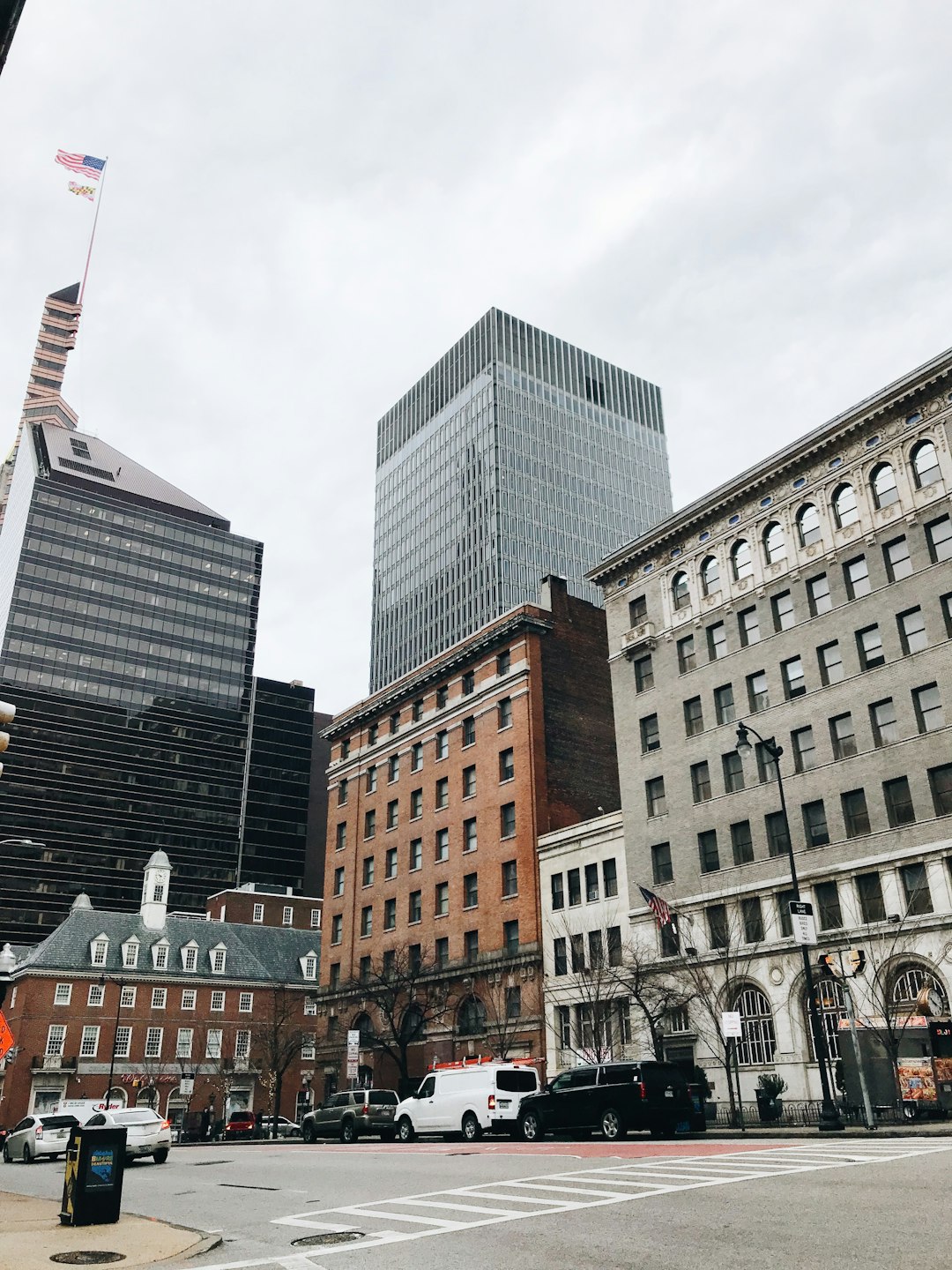
The constant barrage of spam calls can take a severe toll on rideshare drivers’ mental health, leading to increased stress and anxiety levels. Many drivers in Maryland struggle with the sheer volume of unwanted phone interactions, which often disrupt their work-life balance. The incessant ringing and the pressure to answer or block these calls can create a sense of weariness and burnout, affecting their overall well-being.
To mitigate these detrimental effects, rideshare drivers in Maryland can employ strategies like enrolling in national “Do Not Call” registries and utilizing specialized apps that filter out spam. By taking proactive measures, drivers can reclaim their peace of mind and focus on providing safe and efficient transportation services, thereby enhancing their mental resilience in the face of unwanted communication. How to Stop Spam Calls Maryland becomes a vital step towards fostering a healthier working environment for these essential service providers.
Effective Strategies to Stop and Reduce Spam Calls

Many rideshare drivers in Maryland have been increasingly frustrated by the deluge of spam calls, which can disrupt their work and lead to safety concerns. Luckily, there are several effective strategies that both individual drivers and ride-sharing companies can employ to stop and reduce these unwanted calls.
Firstly, leveraging call blocking apps designed specifically for Android and iOS devices can significantly curb spam calls. These applications use community-driven blacklists to identify and block known spammer numbers. Additionally, enabling automated answering machines or voice mail systems with strict greetings can deter spammers from leaving messages, as it reduces the chances of their automated scripts recognizing a live person. Drivers should also consider registering their phone numbers on the National Do Not Call Registry, which offers some protection against telemarketing calls, though its effectiveness against spamming may vary.
